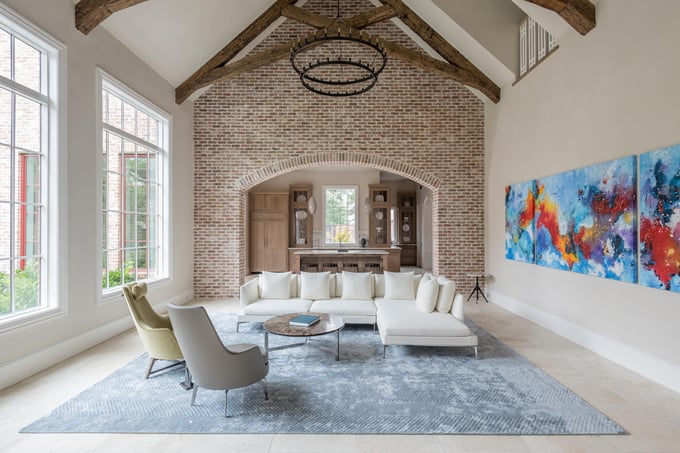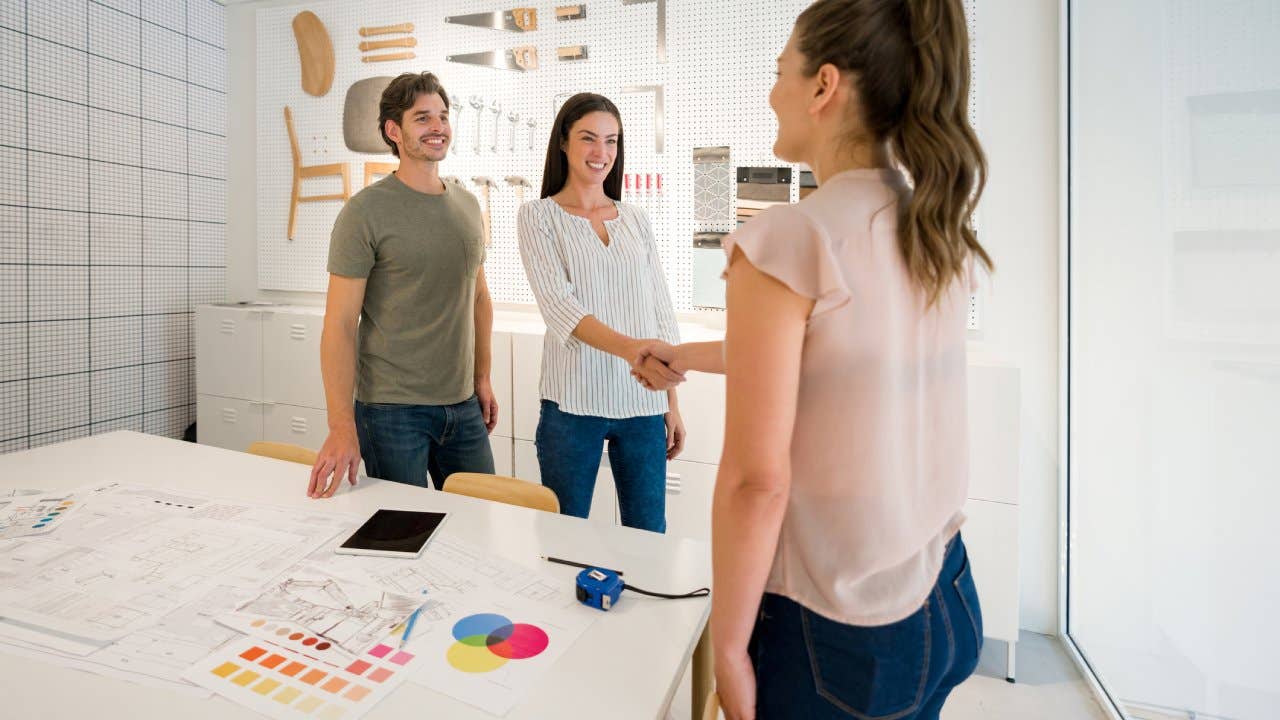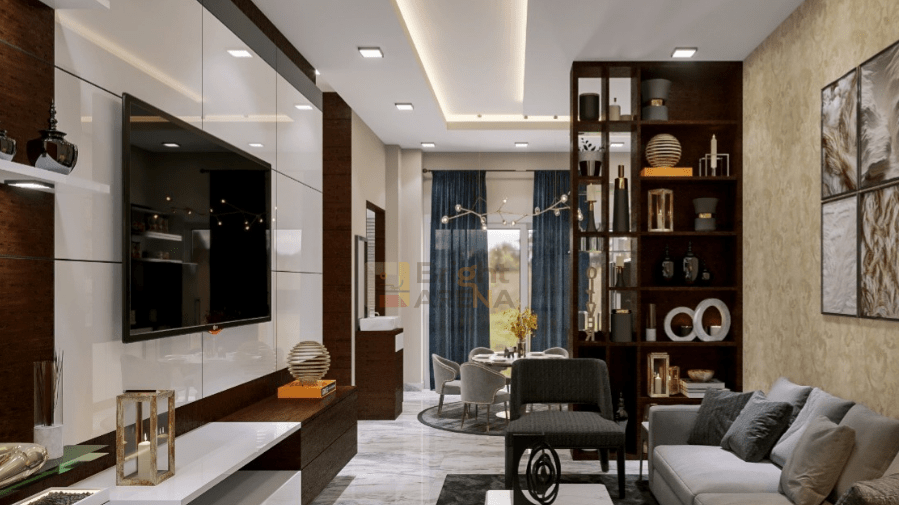
How to Choose the Right Interior Designer for Your Project
Choosing the right interior designer can be a pivotal decision in ensuring the success of your home or office makeover. The right designer will not only bring your vision to life but also make the process enjoyable and efficient. With so many designers to choose from, how do you find the one who best fits your needs? Here’s a guide to help you select the ideal interior designer for your project.
Table of Contents
1. Define Your Project Goals and Style
Clarify Your Objectives: Before you start looking for a designer, clearly define the scope of your interior design menai bridge project . Are you renovating a single room, redesigning an entire home, or transforming a commercial space? Knowing the specifics of your project will help you find a designer with the appropriate expertise.
Identify Your Style: Understand your own style preferences. Browse through design magazines, websites, and social media platforms to gather inspiration and identify the styles you are drawn to. This will help you find a designer whose aesthetic aligns with your vision.
2. Research and Gather Recommendations
Seek Referrals: Start by asking friends, family, and colleagues for recommendations. Personal referrals can provide valuable insights into a designer’s work ethic and effectiveness.
Explore Online Portfolios: Look for interior designer chester in your area by searching online directories, design websites, and social media. Review their portfolios to assess their previous work and see if their style matches your vision. Pay attention to the variety and quality of their projects.
Read Reviews and Testimonials: Check online reviews and client testimonials to gauge the designer’s reputation and client satisfaction. Look for feedback on their professionalism, communication, and ability to meet deadlines and budget constraints.
3. Assess Qualifications and Expertise
Check Credentials: Ensure that the designer has the necessary qualifications and credentials. Look for certifications from recognized design organisations and relevant educational background. A qualified designer will have a solid understanding of design principles and industry standards.
Evaluate Experience: Consider the designer’s experience in relation to your project. If you’re working on a high-end residential project, for example, you may want someone with experience in luxury design. For commercial spaces, a designer with experience in that sector may be more suitable.
4. Schedule Consultations and Interviews
Meet Potential Designers: Arrange consultations with a few shortlisted designers. This will give you a chance to discuss your project in detail, assess their understanding of your vision, and gauge their enthusiasm for the project.
Ask Key Questions: During the consultation, ask questions about their design process, project management approach, and how they handle challenges. Inquire about their experience with similar projects and request references from past clients.
Evaluate Communication and Chemistry: A successful design collaboration relies on good communication and a strong working relationship. Choose a designer who listens to your needs, communicates clearly, and makes you feel comfortable.

5. Review Proposals and Agreements
Review Design Proposals: After the initial meetings, request detailed design proposals from the designers you’re considering. These should outline their design approach, timeline, deliverables, and costs. Compare the proposals to ensure they meet your expectations and budget.
Understand the Contract: Carefully review the contract or agreement before signing. Ensure that it clearly defines the scope of work, payment terms, project timeline, and any other important details. Address any questions or concerns with the designer to avoid misunderstandings.
6. Consider Budget and Value
Discuss Budget Expectations: Be upfront about your budget from the beginning. A good designer will work within your financial constraints and provide options that align with your budget. Avoid designers who push you to exceed your budget or promise unrealistic results.
Evaluate Value, Not Just Cost: While cost is important, focus on the overall value a designer brings to the table. Consider their creativity, experience, and ability to enhance your space in ways that align with your vision. Sometimes investing a little more in a highly skilled designer can result in a more satisfying outcome.
Conclusion
Choosing the right interior designer is a crucial step in achieving a successful and fulfilling design project. By defining your goals and style, researching potential designers, assessing qualifications, and carefully reviewing proposals and contracts, you can find a designer who aligns with your vision and needs. Remember, the right designer will not only transform your space but also make the process enjoyable and stress-free. Take the time to find a professional who resonates with your style and can bring your design dreams to life.



